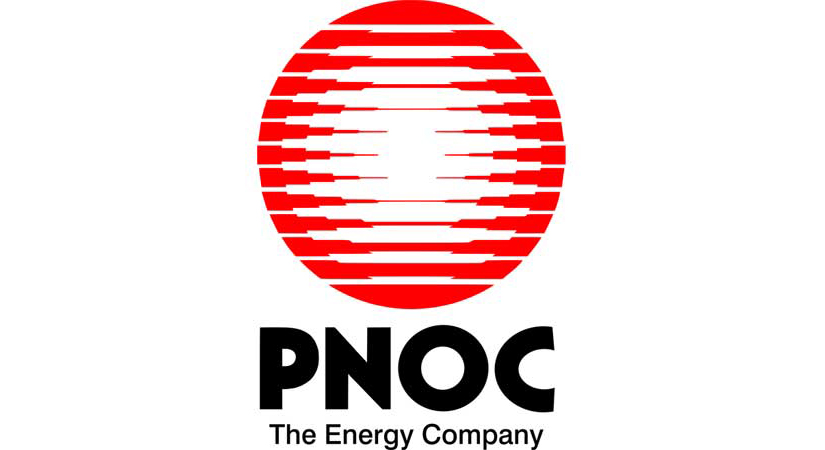State-run PNOC urges SC to uphold 1994 Petron privatization terms
- January 24, 2025
- 0

The Philippine National Oil Company (PNOC) has filed a motion for reconsideration with the Supreme Court, seeking to reverse a decision that upheld Petron Corporation’s claim to land assets excluded from its 1994 privatization. PNOC emphasizes that these assets are crucial to safeguarding public interest and ensuring that privatization agreements do not result in the undue transfer of national resources to private entities.
In a report by the Manila Bulletin PNOC asserted in its motion that the privatization’s “fair price” of Php 23 billion only covered Petron’s shares, claiming that the valuation would have soared to Php 100 billion if the landholdings had been included.
PNOC contends that the exclusion of these properties was not only deliberate but also critical in attracting foreign investors to the bidding process, as the inclusion of land assets would have imposed restrictions under Philippine law.
To comply with Constitutional provisions and make the privatization more appealing, the government transferred ownership of Petron’s landholdings to PNOC as “property dividends.” This arrangement ensured that the government retained control over these valuable assets while leasing them back to Petron to support its operations. PNOC maintains that this strategy struck a balance between privatization objectives and the protection of public resources.
However, the Supreme Court, in a November 25, 2024, resolution, affirmed earlier court rulings favoring Petron’s claim to the land assets. This decision effectively grants Petron ownership of properties explicitly excluded from the original privatization terms. PNOC strongly opposes this outcome, asserting that it materially changes the nature of the 1994 privatization agreement. What was sold as a company without real estate holdings is now being treated as a company with substantial land assets.
PNOC warned that this reinterpretation could lead to the loss of over Php 100 billion worth of public assets, benefiting private entities at the expense of Filipino taxpayers. The state firm emphasized that privatization agreements must honor their original terms to maintain transparency and uphold the integrity of contracts.
Petron was initially privatized to Saudi Aramco in 1994 and later came under the control of San Miguel Corporation in 2009. Despite these ownership changes, PNOC argues that the original agreement should remain binding. The company has urged the Supreme Court to reconsider its decision and ensure that public assets remain protected.
The implications of this case challenge the integrity of privatization contracts and raise concerns about safeguarding public assets. Stakeholders are urged to stay informed and advocate for transparent, fair policies that protect national interests.